I've got an ASP.net C# application which creates a list of all the weeks in a given year. e.g. selected year 2019, and will produce 31/12/2019 to 06/01/2019 and so on. see attached image.

To produce this I am borrowing some code from an example I found on Stack Overflow here
Now I also have another list containing dates in the format dd/MM/yyyy, this is generated from an XML file, so I wanted to only show the weeks that match dates in the weeks of the year list and populate the drop down list when a date in my XML generated list is contained within it.
For example if I had a full week or even a day in my XML generated list which fell between the 31/12/2018 to 06/01/2019 I want to show it in the drop down list. Similarly if the XML generated list doesn't contain at least a day from that week then don't show it.
I've pasted the code I used to get the weeks of a given year below.
I'm not sure of any easy way to compare both lists. Any help would be greatly appreciated.
public List<string> FetchWeeks(int year)
{
List<string> weeks = new List<string>();
DateTime startDate = new DateTime(year, 1, 1);
startDate = startDate.AddDays(1 - (int)startDate.DayOfWeek);
DateTime endDate = startDate.AddDays(6);
while (startDate.Year < 1 + year)
{
weeks.Add(string.Format("{0:dd/MM/yyyy} to {1:dd/MM/yyyy}", startDate, endDate));
startDate = startDate.AddDays(7);
endDate = endDate.AddDays(7);
}
//DropDownList1.Items.Add(weeks);
return weeks;
}
